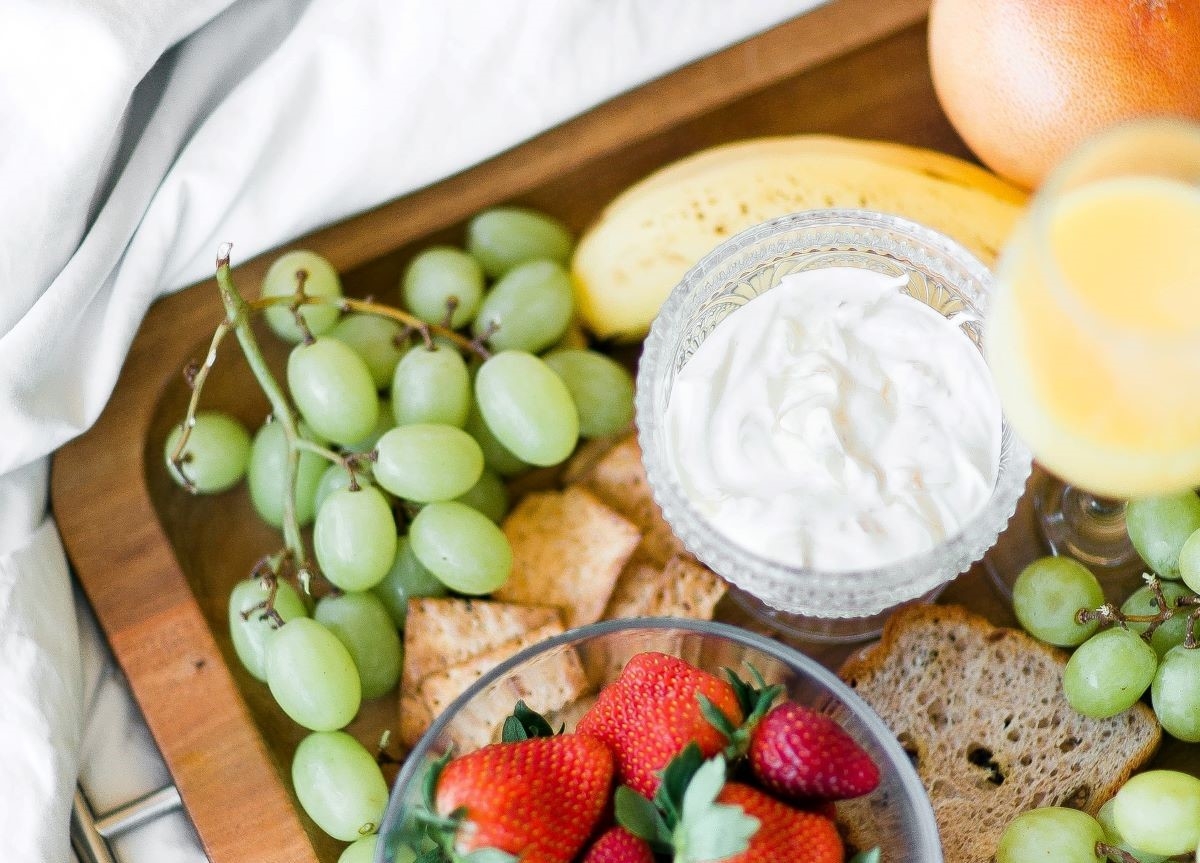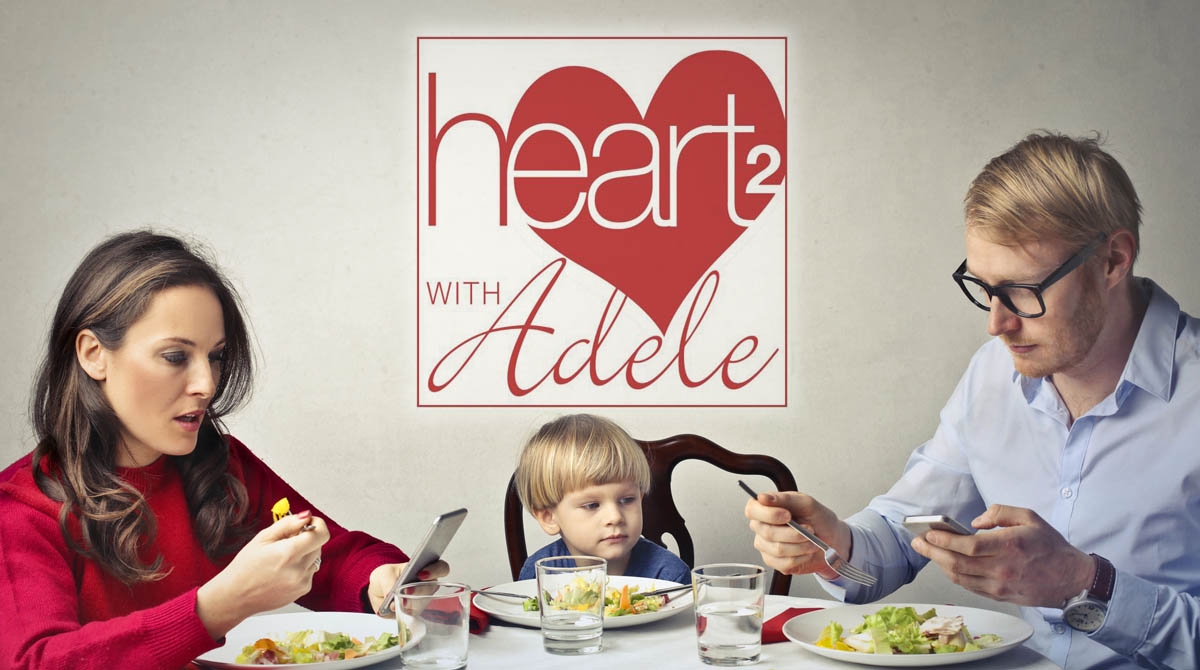
Fabulous fibre is good for your gut and your overall health
Previously, before we were able to refine foods and process them, fibre was found in nearly everything we ate, from fruits and vegetables to whole grains, and legumes. However, today these foods are often refined and processed with the fibre being removed and if we eat too much of these foods, we often feel bloated, uncomfortable. If you stop to think of a carton of orange juice, it often mentions on the label that it contains the juice of six oranges but would you really be able to sit down and eat six oranges at a time? The answer is probably not, and this is because of the fibre content. As usual Mother Nature has been ahead of us all along.
When we eat fruits or vegetables our body has to work hard to digest all the elements present such as the fats, carbohydrates, proteins and fibre, this not only gives the body time to do its work properly in breaking food down for energy, it also means that there are no sugar spikes or sensations of feeling bloated and uncomfortable as can be the case when we eat too many processed and refined foods. So, what exactly is fibre and how can it improve our health?
Fibre is an important part of our diets it is the part of unprocessed and unrefined foods mentioned above which cannot be absorbed by the body, so if it can not be absorbed why is it so beneficial to our health? To start with it is important to understand that fibre is considered to be an ‘anti-nutrient’, meaning that it does not nourish the body in the same way that fats and proteins do, instead, it can reduce absorption and digestion of certain nutrients*. There are two types of fibre soluble and insoluble fibre and they both have different roles with regards to our health and well-being.
First, we will look at soluble fibre – soluble fibre can be dissolved in water, which means that not only does it provide bulk to our food, by forming a type of gel, this can actually reduce the absorption of fat into the body, it also slows down the absorption of foods. This results in a more stable release of energy, bringing about a steady release of sugar in the body. This is ideal for those who are type 2 diabetic or people who are looking to have better control over their blood sugar levels or are looking to lose weight. As it takes longer for the body to break it down, this also gives us a sensation of feeling fuller for longer. For those who have a diet high in cholesterol, eating soluble fibre can prevent the cholesterol from being absorbed int our bodies, which can help to maintain or even lower cholesterol levels. So, when blood sugars levels are maintained, fat absorption reduced and cholesterol slowed down, it is easy to understand how insoluble fibre is so important in supporting our cardiovascular health.
Insoluble fibre is often thought of as the fibre that helps to ‘clean’ our digestive tract, as it cannot be digested it moves through our body scraping away at the debris that is left behind, this may help to prevent any hemorrhoids and folds that can be problematic. Insoluble fibre is also a great source of food for the good bacteria in our gut, not only that but because of the bulk formed, this helps to avoid constipation and helps to keep the whole process of digestion moving smoothly, as when undigested food remains in our digestive tracts too long this results in fermentation and production of toxins which can end up crowding out the good bacteria, leading to further health issues.
Foods that are processed and refined are harmful to our health because the fibre has been removed, meaning that our body has immediate access to the energy source without any of the control over the speed or absorption rate that fibre provides.
All carbohydrates in their original and natural contain fibre, except for honey, although most foods tend to contain a combination of both soluble and insoluble fibre, foods such as beans, peas, oats and citrus fruits are a better source of soluble fibre with insoluble fibre being found in whole bran products, potatoes, green beans and cauliflower and broccoli. You might want to try out this mango edamame cabbage salad, it is also great for vegetarians and does not take long to get ready and is so refreshing to eat, nothing processed – just food!
Send your nutrition questions to susan@susanalsembach.com
* Dr Jason Fung – The Obesity Code, Scribe 201
Header image: Heather Ford, Unsplash










